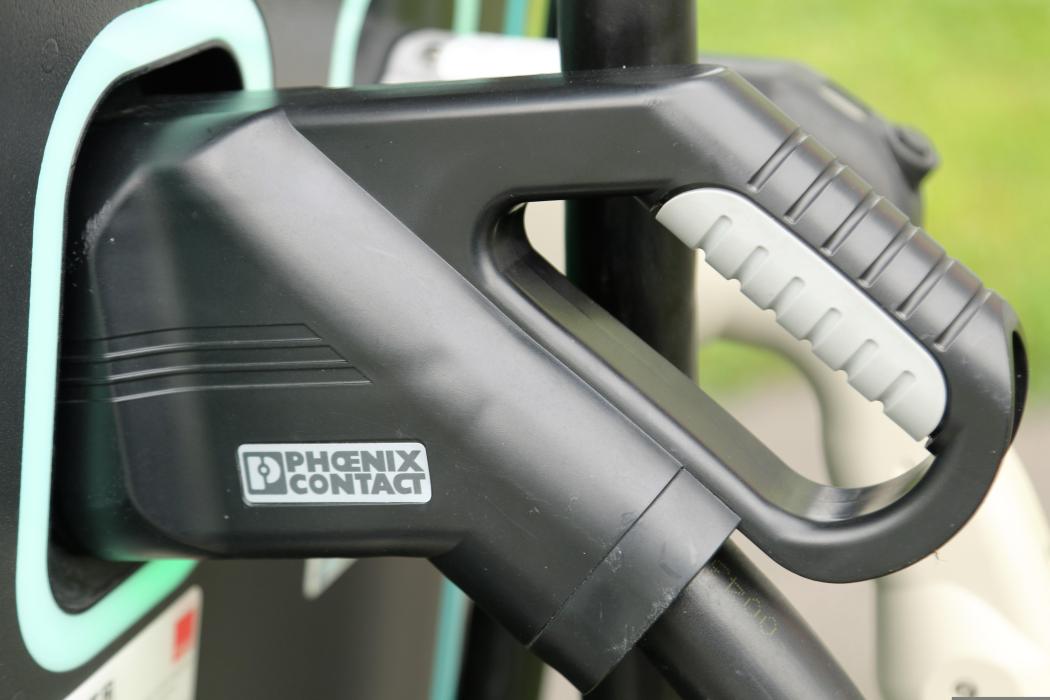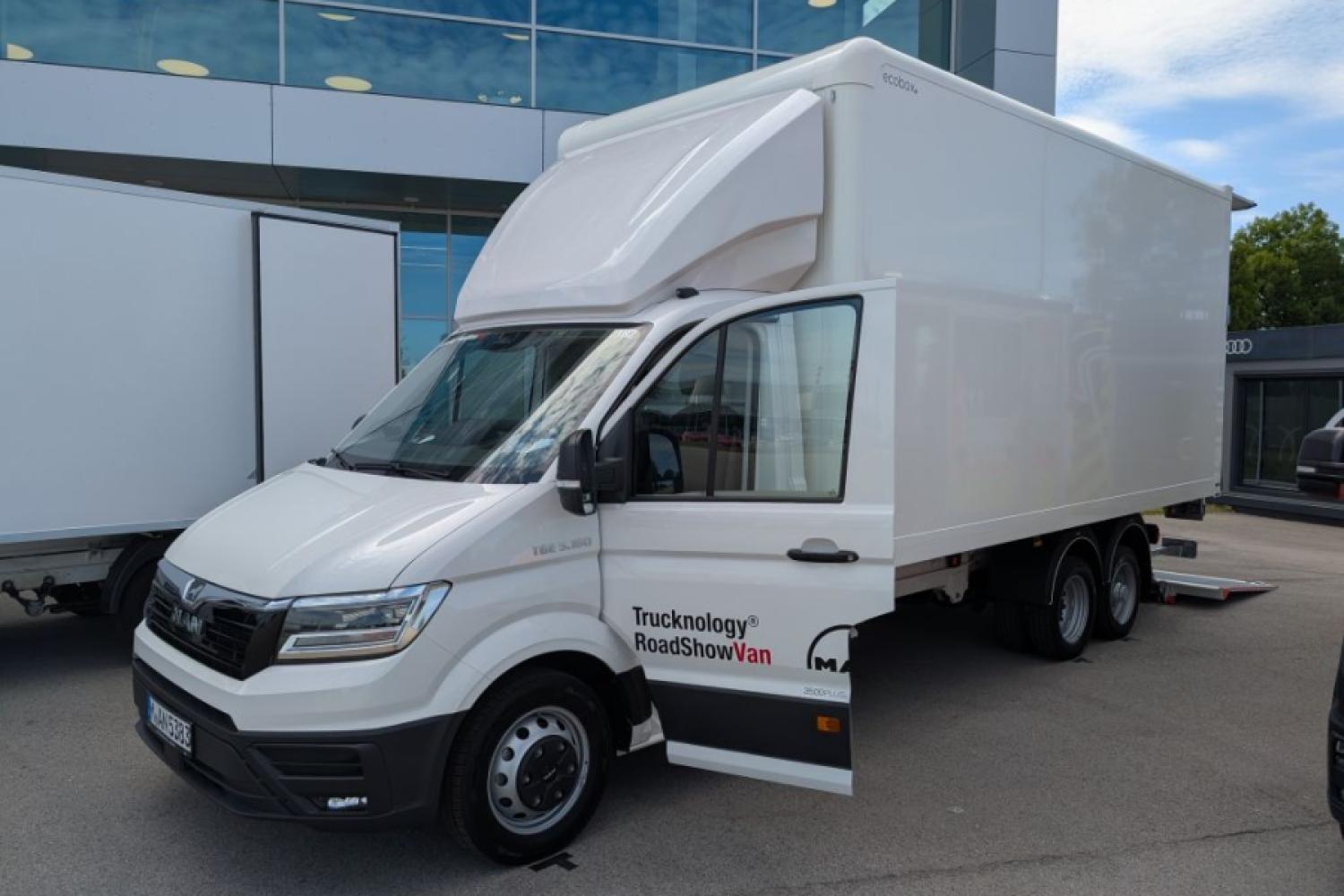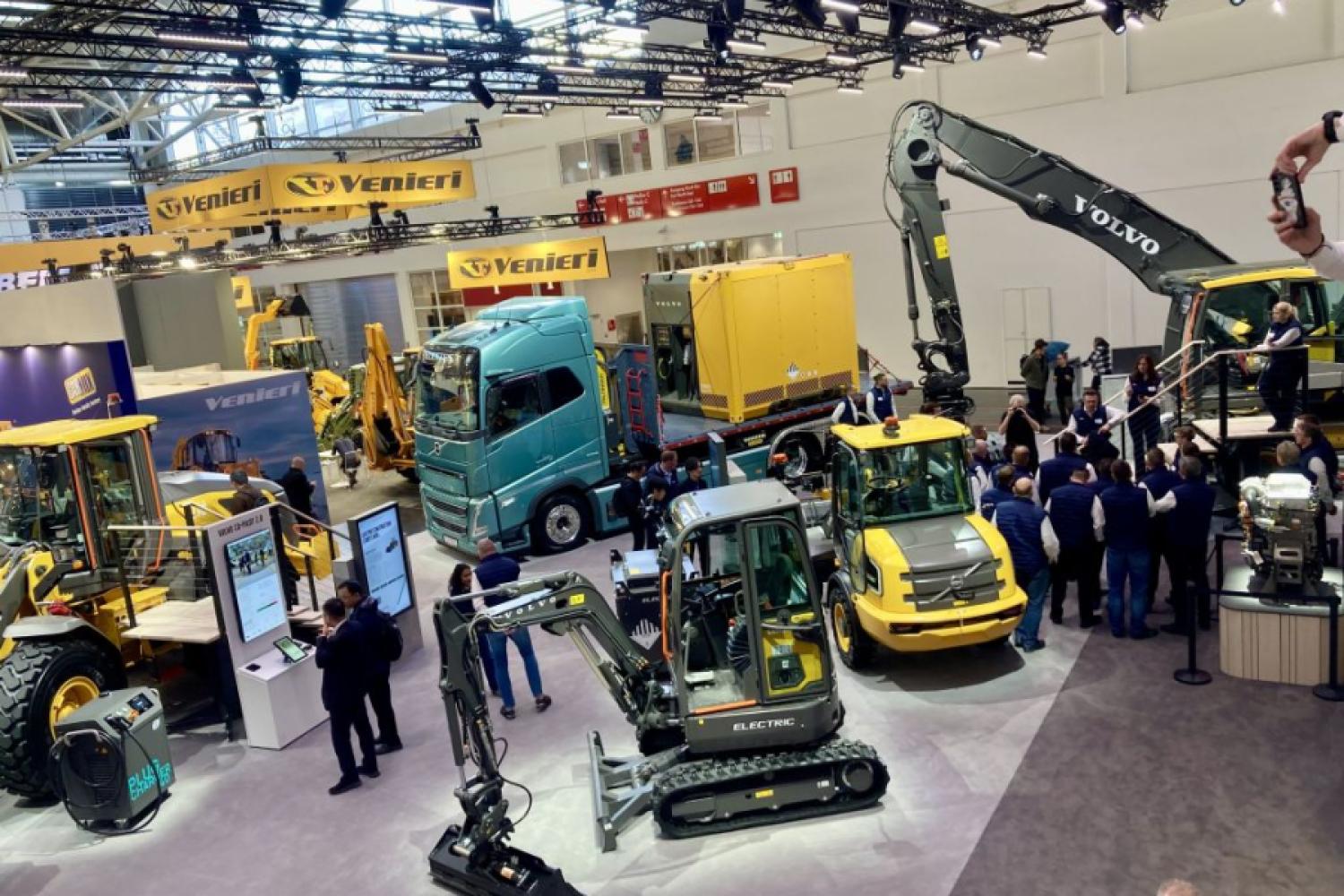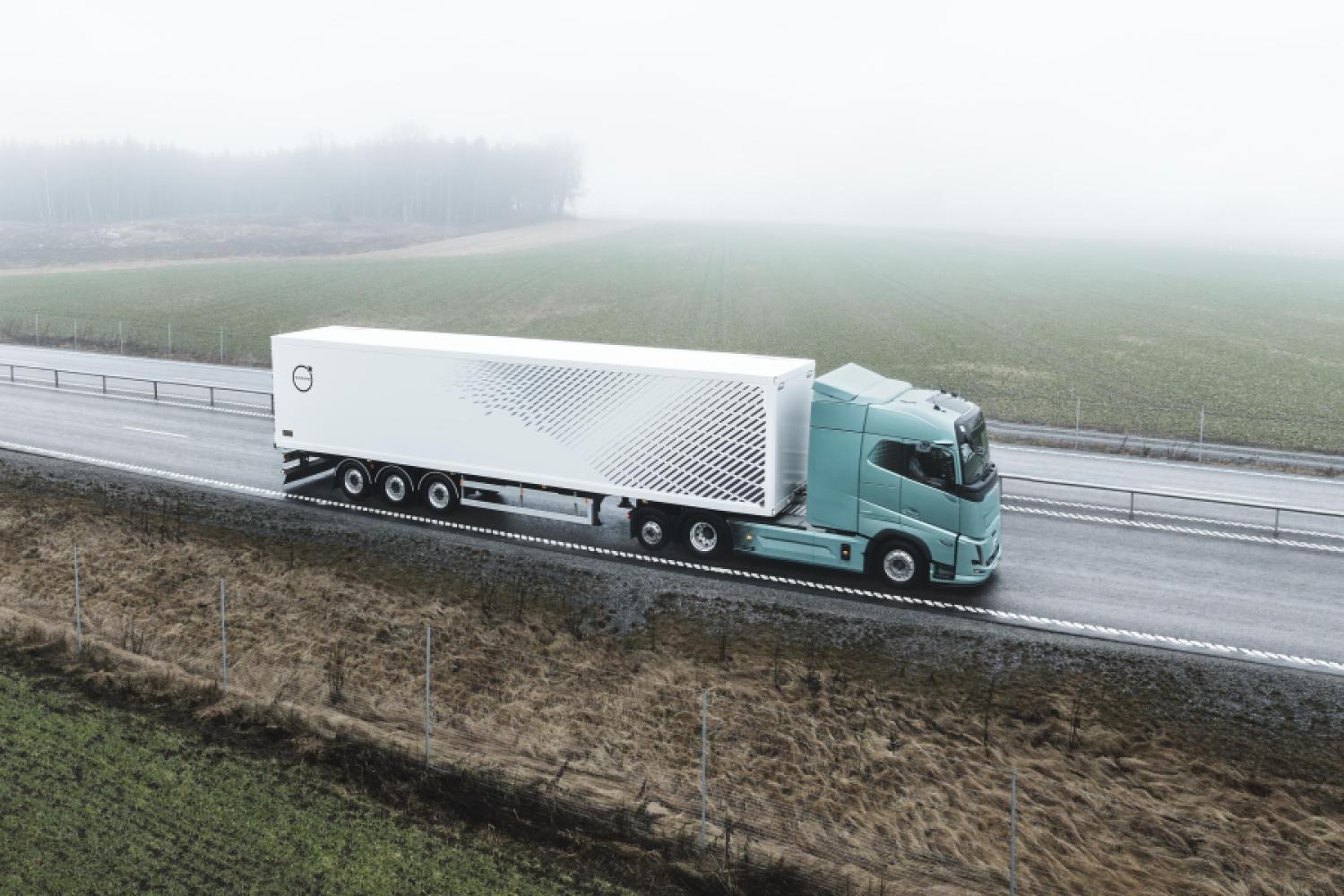The European Parliament approved a change to the CO2 emission regulations for new passenger cars and light commercial vehicles on May 8, 2025. The parliamentarians wanted to give the European automotive industry more leeway in achieving the emission targets. The new regulation allows vehicle manufacturers to average their CO2 emissions over the entire period from 2025 to 2027. Annual target fulfillment is thus no longer mandatory.
The EU Commission's proposal was adopted with 458 votes in favor, 101 against, and 14 abstentions. Two days earlier, the Parliament had already decided to handle the legislative procedure in urgency mode. The Council of EU Member States had already approved the proposal in the same form on May 7. The new regulation can therefore come into effect shortly.
Response to stagnating e-car market
The background to the measure is a noticeable weakness in sales of electric vehicles and increasing competitive pressure from non-European
manufacturers. The EU Commission emphasizes that the ambitious climate goals will not be compromised. Rather, only the timeframe for evaluation is being adjusted to maintain industrial flexibility. The goal for the period from 2025 to 2029 remains to reduce the average emissions of new vehicles by 15 percent compared to 2021.
Ferber: “More breathing room”
Significant support for the decision came from the conservative faction. Markus Ferber, CSU transport policy spokesman in the European Parliament, described it as an "urgently needed" step. In view of the looming fines due to weak e-car sales, German manufacturers, in particular, are under significant pressure.
“I am pleased that the European Parliament has cleared the way today,” Ferber stated.
The CSU politician emphasized that the flexibilization does not represent a departure from the reduction targets, but rather a pragmatic response to economic reality.
“The Commission's proposal will not solve the problems of the automotive
industry alone. However, it does provide manufacturers with more breathing room in these economically tense times,” Ferber said.
He also called for a fundamental review of fleet limits and a reversal of the phase-out of combustion engines. Without technological openness, decarbonization in road transport will hardly succeed.
Bloss: “Reverse gear instead of future technology”
Sharp criticism came from the Greens. Michael Bloss, climate and industry policy spokesman for his group in the European Parliament, accused the majority in Parliament of repeating the strategic mistake of the past.
“First, there was hesitation for years in ramping up e-mobility, now we are shifting into reverse,” said Bloss.
This course has significantly contributed to Chinese manufacturers gaining ground in the world market. Continuing it is akin to a “kamikaze action.”
Bloss warned of a break with the European Green Deal and called for a comprehensive support package for electromobility. In addition to reducing
electricity prices at charging stations, he suggested social leasing models and a realignment of the company car privilege exclusively for electric vehicles. He also believes corporate fleets should be legally required to electrify.
Implications for road freight transport
For freight transport companies using light commercial vehicles in urban distribution, the decision initially means one thing above all: more stability in a recently volatile market environment. The prospect of less regulatory adjustment pressure could have a dampening effect on price fluctuations and delivery bottlenecks - provided manufacturers use the leeway created to strategically develop their model ranges.
In the long term, however, it remains unclear whether the flexibilization will actually lead to a better balance between climate protection and industrial policy – or whether it will delay necessary investments in alternative drives. For companies in road freight transport, not only the legal target size but also its practical implementation is likely






